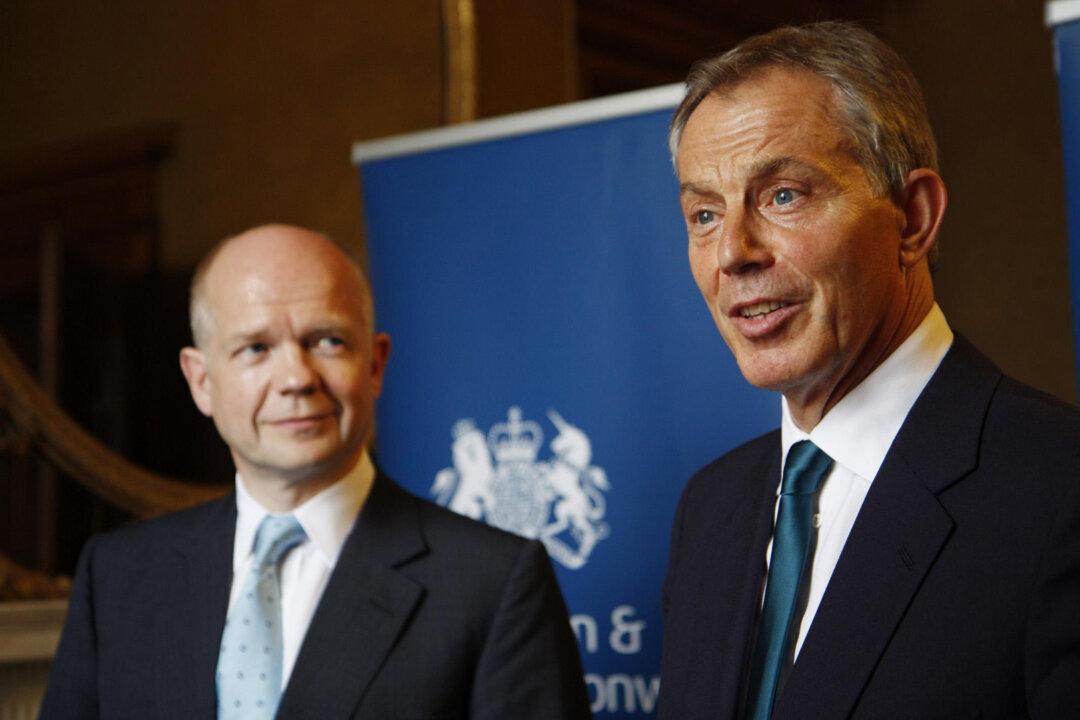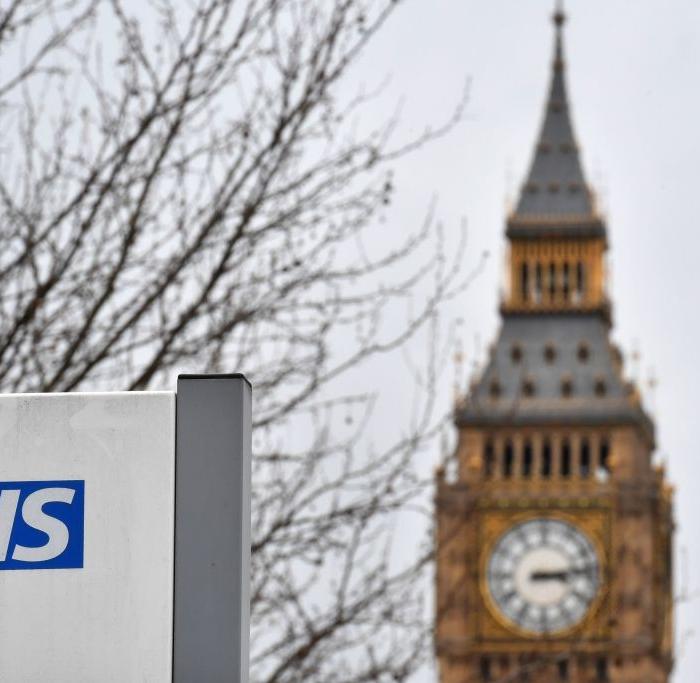The UK should sell anonymised medical records to boost research and remain competitive amid a global race of artificial intelligence (AI), Sir Tony Blair and Lord William Hague said on Thursday.
Subhajit Basu, professor of Law and Technology at the University of Leeds, said the proposal “raises questions” about issues including patient consent and accountability.
“Biotech is promising a future of new cures and treatments for many diseases, more personalised and effective health care, and many new materials and transformed manufacturing processes,” they wrote.
Their report says the NHS is a valuable source of data and a new approach is needed to provide commercial access to records via a separate company—an NHS Data Trust—in which “NHS England has a controlling stake, with additional investments from other companies.”
They said the company “would strictly preserve privacy while bringing massive benefits to research, public health, and patient treatment” while free from government interference.
Touting the benefits of scientific research, the pair said maintaining the position of a world leader in science and innovation is “the crucial task that, more than anything else ... will determine the future prosperity of Britain.”
They say the data from millions of NHS records would provide a platform for artificial intelligence which could monitor patients via wearable technology and alert doctors of problems.
The plan also includes access to a cloud-based “personal health account” through the NHS app to book appointments and manage treatment, creating a laboratory of biodesign, helping biotech companies to scale up, and creating strong international “pandemic biosecurity.”
Commenting on the report, Mr. Basu said while it’s an “ambitious vision,” it “also raises several critical concerns.”
“On the one hand, their report suggests that anonymised NHS data could be a valuable resource for driving medical innovation, especially in AI and biotechnology,” he said in an email to The Epoch Times.
“On the other hand, there are significant ethical and practical considerations to take into account.”
The professor said selling medical data “raises questions about patient consent and the commodification of personal health information” even when the data is anonymised, adding that there’s a “delicate balance between fuelling medical advancement and protecting individual privacy rights.”
Mr. Basu also said creating a separate company tasked with managing NHS data could lead to concerns over “accountability and transparency in how this data is used and who benefits from it.”
“It’s crucial to consider who ultimately benefits from such arrangements and whether they align with the wider public interest, particularly in a health care system that is publicly funded and trusted by its users,” he said.
“There is an inherent risk that the pursuit of profitability could overshadow the primary objective of health care—to provide equitable and ethical medical treatment to all.”
With the development of big data, AI, gene therapies, and increasing cyber attacks, there have been increasing concerns over the handling of patient data.
In September last year, Deputy Prime Minister Oliver Dowden said the ministers are considering calls to designate the genomics sector as critical national infrastructure amid concerns that patient data collected by Chinese genomics giant BGI may be used for military purposes.







